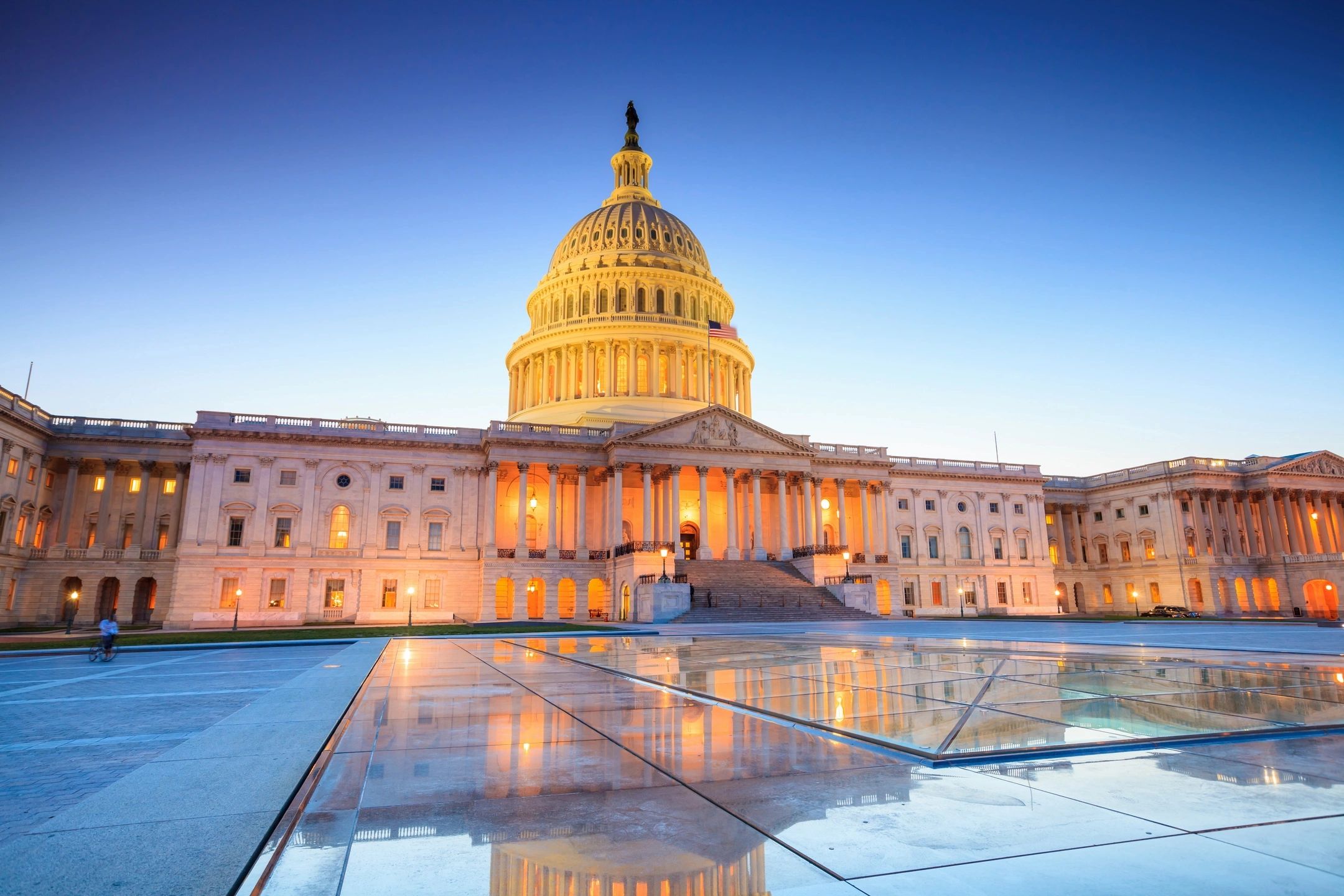Tax policy plays a central role in shaping the economic and social landscape of a nation. In the United States, the two major political parties, the Republican Party and the Democratic Party, have historically held distinct views on taxes. These differing perspectives reflect their broader ideologies and priorities. In this blog, we will explore the key differences in tax policy views between Republicans and Democrats.
Republicans: Lower Taxes, Smaller Government
- Tax Cuts: Republicans generally advocate for lower tax rates, particularly for individuals and businesses. They argue that reduced tax burdens stimulate economic growth, job creation, and investment. Prominent examples of this approach include the Tax Cuts and Jobs Act of 2017, which lowered the corporate tax rate and reduced individual income tax rates for many Americans.
- Deregulation: Republicans often support a smaller role for government in the economy, favoring deregulation. They contend that reducing government intervention can create a more business-friendly environment, leading to economic expansion and job opportunities.
- Flat Tax or Simplified Tax Code: Some Republicans advocate for a simplified tax code, such as a flat tax, where all individuals and corporations pay the same tax rate. They argue that this would streamline the tax system, making it fairer and more efficient.
- Opposition to Wealth Taxes: Republicans tend to oppose the implementation of wealth taxes, arguing that they can discourage investment and job creation while prompting wealthy individuals to move their assets offshore.
Democrats: Progressive Taxes, Greater Social Investment
- Progressive Taxation: Democrats support a progressive tax system, where higher-income individuals pay a higher percentage of their income in taxes. They argue that this approach promotes income equality and provides revenue for social programs.
- Social Programs: Democrats emphasize government-funded social programs, such as healthcare, education, and infrastructure. They believe that higher taxes on the wealthy can fund these initiatives, which, in their view, improve overall societal well-being.
- Environmental Taxes: Democrats often propose taxes on carbon emissions and other environmentally harmful activities as a way to combat climate change. These taxes are seen as a tool to incentivize cleaner practices and reduce pollution.
- Wealth Taxes: Some Democrats support the introduction of wealth taxes on the wealthiest Americans to address income inequality. These taxes are designed to target extreme wealth accumulation and redistribute resources for the benefit of society.
- Regulation: Democrats generally support government regulations to protect consumers, workers, and the environment. They argue that these regulations are essential to prevent abuses by corporations and maintain a level playing field for businesses.
Bipartisan Negotiation and Compromise
It’s essential to note that tax policy views within each party can vary, and bipartisan collaboration often shapes final tax legislation. While Republicans and Democrats may have different starting points, negotiation and compromise are common in the legislative process.
Conclusion
Tax policy is a critical component of a nation’s economic and social fabric, and the differing views of Republicans and Democrats reflect their contrasting philosophies and priorities. While Republicans generally advocate for lower taxes and smaller government, Democrats prioritize progressive taxation and government-funded social programs. The dynamic interplay between these views ultimately influences the tax policies adopted by the U.S. government, which, in turn, have far-reaching consequences for the American economy and society.


